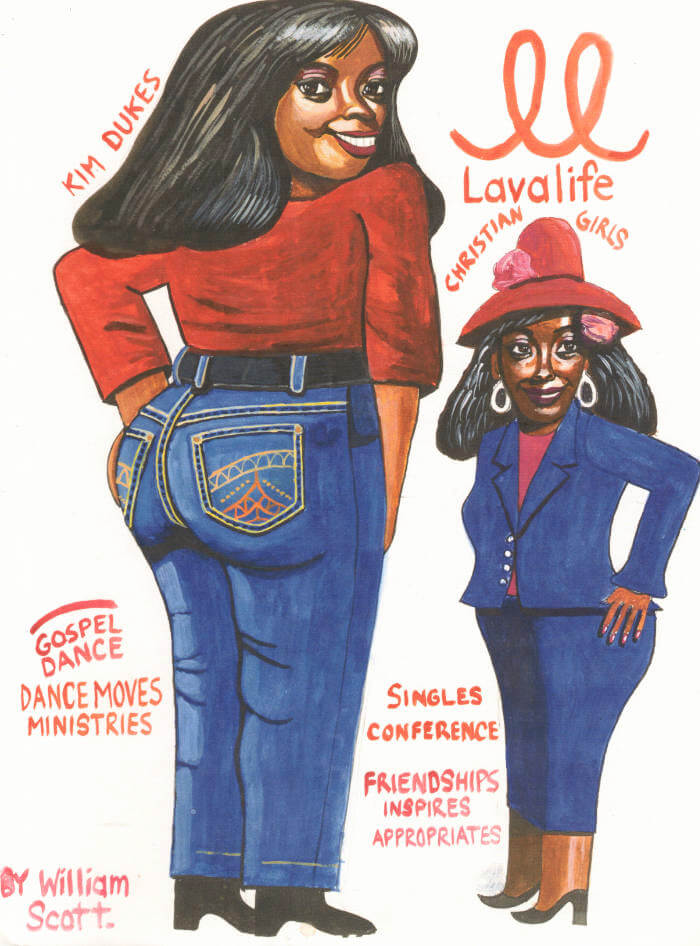
A User's Manual to Claire Fontaine
In the first monograph on the feminist conceptual artist collective Claire Fontaine, political theorist and somatic practitioner Anita Chari explores the artist's theoretical and political innovations to illuminate a more haptic, embodied approach to the practice of critical theory.
A User's Manual to Claire Fontaine explores the work of the feminist conceptual artist collective Claire Fontaine through the lens of her theoretical and political innovations, both inside and outside the context of contemporary art. Theorizing the ways in which Claire Fontaine's experimental approach can illuminate a more haptic, embodied practice of critical theory, this book delineates a series of theoretical techniques and procedures at the core of the artist's work, among them defunctionalization, Institutional Critique, human strike, tactile mimesis, desubjectivation, détournement, magic materialism, and feminist materialism.
Political theorist and somatic practitioner Anita Chari illuminates a larger field of practice for those working within the world of critical theory with this "user's manual" that seeks to reinvest theory with use value, drawing on the resources of critical contemporary art to engage with critical theory in ways that can become embodied, sensate, and tactile, and thus inform contemporary political practices.
"Fluently traversing critical theory, political philosophy, and artistic discourse, this is a brilliant, engaging book on the art and writings of Claire Fontaine—'readymade artist' and conceptual provocateur—as well as a vital elucidation of paths toward a transformative mode of living in the present. Writing with and through rather than, as usual, 'on' her subject, Chari provides her readers with a 'how-to' manual to Claire Fontaine's practice, finding in it a model for embodied resistance."—Tom McDonough, author of The Beautiful Language of My Century
Anita Chari is a political theorist and writer based in Portland, Oregon and is Associate Professor of Political Science at the University of Oregon. Her work explores the significance of aesthetics, artistic practices, and embodiment for critical theory and practice.
Claire Fontaine is a feminist, conceptual artist, founded in Paris in 2004.







